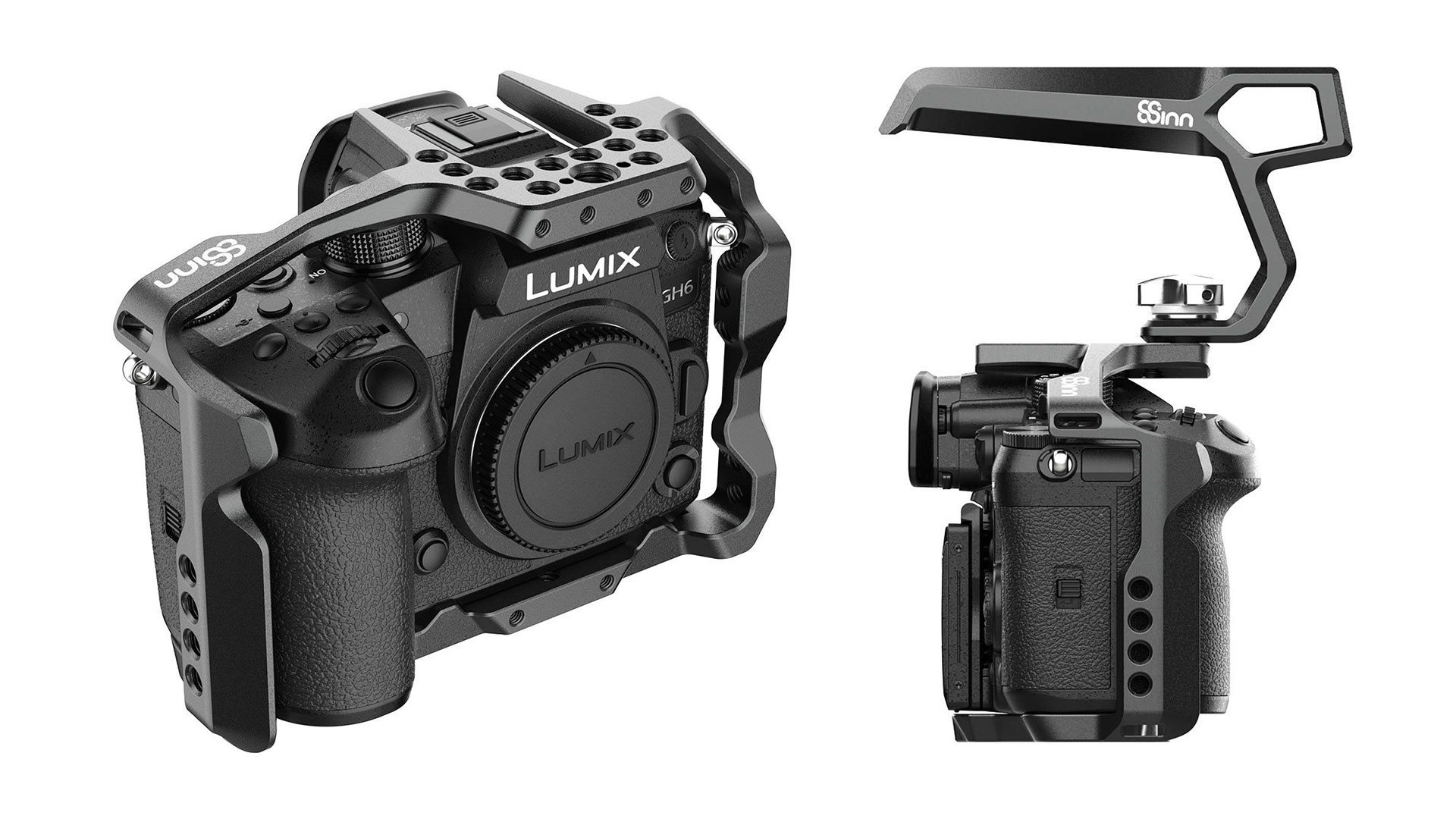Over at Scan of the Month, the team uses computed tomography scanning, an imaging technique often reserved for medical settings, to photograph the internal components of well-known consumer products, including LEGO, Apple AirPods and a Nintendo handheld video game systems, such as the original Game Boy, Game Boy Advance and Nintendo Switch. The featured product in February was instant cameras.
Scan of the Month looked at three iconic instant cameras, the Polaroid 600 AF, Polaroid Go and Fujifilm Instax. Instant film cameras have a long history. Polaroid launched its first camera, the Model 95, in 1948. Over the following decades, Polaroid released a long list of instant cameras, including the 600 AF featured by Scan of the Month. The 600 series added features such as an integrated flash and high-ISO film, providing users additional flexibility.
‘The average instant photographer does not understand what is going on to begin with, so how is he going to understand the significance of these technical improvements?’ asked Eugene Glazer in The New York Times in 1981. Scan of the Month hopes to help Glazer out, even if, as they say, they’re ‘about 40 years late.’ Inside the Polaroid 600 AF, the oldest of the three scanned cameras, you can see a considerable amount of wiring and mechanical pieces, including the wiring needed for the included pop-up flash. It’s interesting to see the components required to load and produce the film as you shoot.
 |
| Polaroid 600 AF. Image credit: Scan of the Month |
The Polaroid Go is a much more modern instant camera. It came out less than a year ago and is a compact, sleek, modern tribute to the original Polaroid One Step. The camera features a built-in dynamic flash, an optical viewfinder and variable shutter speed. In the CT scan, you can see the relatively straightforward optical design in the viewfinder, the built-in lithium-ion battery, the gear mechanism for the film, and more.
 |
| Polaroid Go. Image credit: Scan of the Month |
Fujifilm Instax cameras have proven to be very popular. The instant camera utilizes a very different design than either Polaroid camera, featuring a thinner shape with a longer lens. It’s also a backloading device that produces the print at the top. Compared to the pair of Polaroid cameras, the Fujifilm Instax design features less empty space and denser electronics. You can also see a lot of small screws holding various components together, something that is generally absent from either Polaroid camera. It’s interesting to see such a different approach to a similar product.
 |
| Fujifilm Instax instant camera. Image credit: Scan of the Month |
To see the previous Scan of the Month features, head over to Scan of the Monthwhere you can sign up to receive emails as new scans are completed and uploaded.
Thank you to Scan of the Month for allowing us to share their work and providing additional images.













